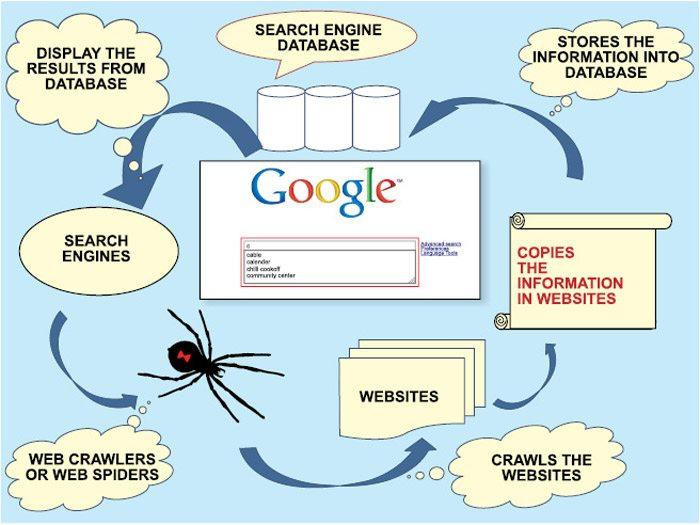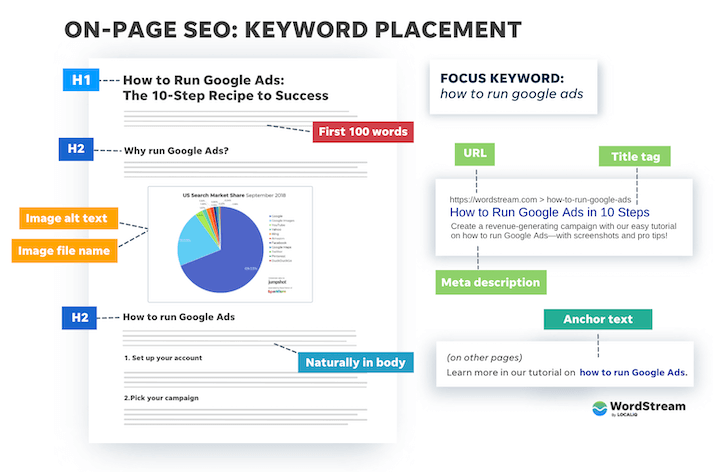Enhance Your Digital Presence with Targeted SEO Services
Optimization for search engines (SEO) how Google generates income
Search engine optimization, or SEO, is the process of improving a website's technical setup, content relevance, and link popularity so that its pages are more accessible, relevant to user search queries, and popular with users in general. As a result, SEO helps search engines rank these pages higher.
By presenting material that satisfies user search needs, search engines advocate SEO actions that help both the user search experience and page's rating. This comprises, among other SEO best practises, the use of pertinent keywords in page titles, meta descriptions, and headlines (H1), the use of descriptive URLs that contain keywords rather than a list of numbers, and the use of schema markup to explain the meaning of the page's content.
People can find what they're seeking for online with the aid of search engines. Search engines are a typical starting place when you require information, whether you're looking into a particular product, finding a restaurant, or making travel arrangements. They provide an excellent chance for business owners to send targeted visitors to your website.
The process of positioning your website to appear higher on a search engine results page (SERP) in order to draw in more traffic is known as search engine optimization (SEO). For search terms that are most important to your target audience, it is common to try to rank on the first page of Google results. Therefore, SEO is just as much about knowing what your audience wants and needs as it is about knowing how to design your website technically.
How are search engines operated?
Any search phrase entered by a user will produce results from search engines. To achieve this, they explore and "understand" the web's huge network of websites. For each search query, they execute a complex algorithm to decide which results to display.
Why SEO prioritises Google
Google, which holds around 92% of the market share for search engines worldwide, is often used interchangeably with the word "search engine." Because Google is the most popular search engine, SEO strategies frequently centre on how Google functions. It's helpful to comprehend precisely how and why Google functions.
How Google feels?
Google's users, or searchers, are meant to have the best possible search experience. That entails delivering the most pertinent results as soon as feasible.
The search phrase (the user's input) and the search results make up the two main components of the search experience (the output).
Say you type "Mailchimp instructions and tutorials" into the search bar. This search is precise and unambiguous. Google recognises your query and provides Mailchimp's own page with that title as the top organic result, which is helpful.
Because it's likely that the user will select the top result and be pleased with the outcome, Google views this as a very good search result and a great user experience.
how Google generates income?
Google benefits from users' confidence and appreciation of its search engine. It does this by providing pertinent search results.
Additionally, Google gives companies the option to purchase an advertorial placement at the top of search result pages. These listings are denoted with the term "Ad." These pay-per-click (PPC) adverts, which you buy through AdWords, are the source of revenue for Google. Particularly on more general queries, you'll notice these adverts.
These search results hardly stand out from other search results save from the tiny label. Since many users click on these results without realising they are advertisements, it is obvious that this is done on purpose.
What makes up search results?
Paid and "organic" search results can be seen on SERPs, however organic results don't bring in money for Google. Instead, Google presents organic results based on its evaluation of the quality and relevancy of a site. Google will also show various components on the SERP, such as maps, photos, or videos, depending on the type of search query.
Depending on what consumers have searched, there may be a lot of adverts on a SERP. For instance, if you searched for "shoes," you would probably notice that many of the top results were advertisements. In reality, the first organic result is likely to be further down the page than you expect.
Visit our page for additional details. -https://www.ieveeraseo.com/localseo.html




